Sleep apnea could be one of the reasons, although some drinks are also responsible for urinating at night.
THE WASHINGTON POST – “I keep waking up in the middle of the night to pee, and my concern is that it affects my sleep. Why is this happening?” This is a question I always hear.
THE urination at nightAlso known as nocturia, it can affect men and women at any age. The most common causes are entirely benign, although nocturia can also be triggered by certain health conditions and medications.
In fact, one of the most potent diuretics known isn’t something you eat or drink – it’s something that can be released from inside your body.
Sleep apnea, a condition that affects breathing during sleep, can lead to lower levels of oxygen in the blood. When blood oxygen levels drop due to sleep apnea, the heart can receive a false fluid overload signal and release a hormone called B-type natriuretic peptide (BNP). BNP is a very powerful diuretic that tells the body to get rid of sodium and water. Hence it generates an overproduction of urine.
In my clinical practice, patients are often shocked to learn that sleep apnea could be the underlying cause of their nocturia. I recently saw a patient with frequent nocturnal urination who also reported a history of snoring and morning fatigue. A home sleep study confirmed the diagnosis of obstructive sleep apnea.
After seeing a sleep medicine specialist, who started him with Continuous Positive Airway Pressure (CPAP) therapy, the patient reported that not only did he have more energy during the day and better control of his high blood pressure, but also less. urination at night. The reason: Treatment of sleep apnea has been shown to reduce BNP production, thereby reducing nocturia.
Nocturia can also be a warning sign for other health conditions, such as diabetes, heart failure, urinary tract infections, and an overactive bladder, as well as a reaction to some medications, including those used to treat high blood pressure and kidney disease. It is sometimes linked to other sleep problems, such as insomnia.
The most common causes are usually nothing to worry about. Here are a few, as well as other medical conditions related to nocturia.
fluid intake
In adults, a common cause of nocturnal urination is drinking fluids before bed, or in other words, what goes in must go out. The liquid you drink is filtered by the kidneys and stored in the bladder as urine until you pee. Drinking plenty of fluids before bed is a safe recipe for waking up with the urge to urinate, as the bladder has a capacity of around 400 milliliters. You can reduce these impulses by limiting fluids after dinner.
Diuretics and bladder irritants
There are many foods and drinks whose by-products pass in the urine and can irritate or “tickle” the bladder, causing the urge to pee. This includes teas (green, black and white), spicy foods, and artificial sweeteners, such as calorie-free sweeteners you can add to your drinks or those that go into your diet, or sugar-free foods. In a study involving rats, these sweeteners were shown to increase muscle contraction of the bladder, which causes the urge to urinate.
Caffeine is another common culprit, whether in coffee, tea, or soda, as is alcohol. Both are known diuretics.
medical problems
For men over 50, the most likely cause is an enlarged prostate. Urine passes through a small channel in the prostate as it leaves the body. With age, the prostate can enlarge and compress this canal. As a result, the bladder does not empty completely when urinating and can fill up quickly. The bladder can also become overactive over time due to having to push hard to urinate through a cramped prostate.
Several factors can contribute to nocturnal urination in women, including pregnant women. Pelvic floor dysfunction and pelvic organ prolapse, which occur more often with age, can also cause frequent and urgent urination. Women who have given birth vaginally are more at risk for these conditions, as are those who have gone through menopause, which can cause hormonal changes that affect the pelvic organs.
for young people
Most young people don’t wake up at night to urinate. Those who do probably drink plenty of fluids before bed or consume bladder irritants or diuretics. But it is important to keep in mind that even young people can be diagnosed with medical conditions related to nocturia, such as sleep apnea, especially those who are overweight.
what to do about it
For people who are not comfortable with peeing once a night, I suggest avoiding caffeine after lunch and not drinking anything before bed. Try to keep track of what you eat and drink to identify what your triggers may be.
But if you wake up two or more times – or think you have sleep apnea, a prostate problem, or any other nocturia-related medical problem – contact your doctor or urologist and ask for an evaluation. Your doctor will do a urinalysis and check that your general health is in order.
* Petar Bajic is a urologist at the Cleveland Clinic and an assistant professor at the Cleveland Clinic Lerner College at Case Western Reserve University.
TRANSLATION OF RENATO PRELORENZOU
+The best content in your email for free. Choose your favorite Earth Newsletter. Click here!
Source: Terra
Benjamin Smith is a fashion journalist and author at Gossipify, known for his coverage of the latest fashion trends and industry insights. He writes about clothing, shoes, accessories, and runway shows, providing in-depth analysis and unique perspectives. He’s respected for his ability to spot emerging designers and trends, and for providing practical fashion advice to readers.


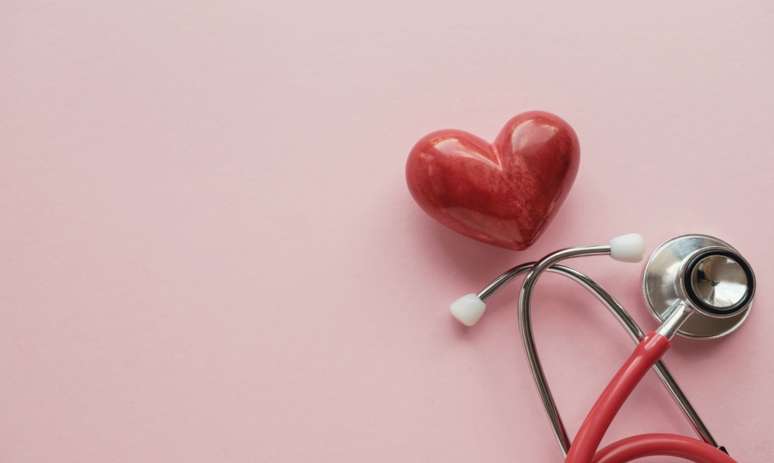
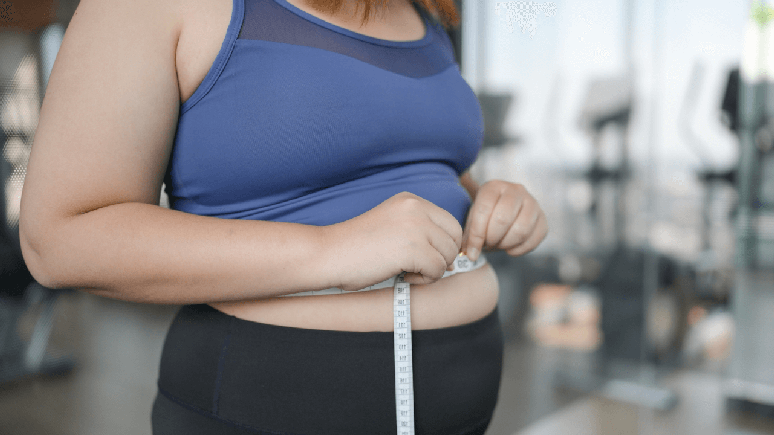
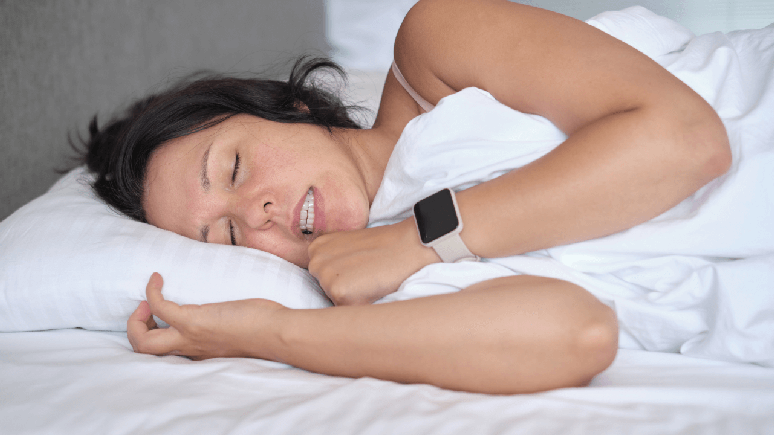
![Un Si Grand Soleil Preview: Episode Summary for Monday, October 27, 2025 [SPOILERS] Un Si Grand Soleil Preview: Episode Summary for Monday, October 27, 2025 [SPOILERS]](https://fr.web.img4.acsta.net/img/16/ec/16ecdc89ab22d2242ca3490a29003c5c.jpg)
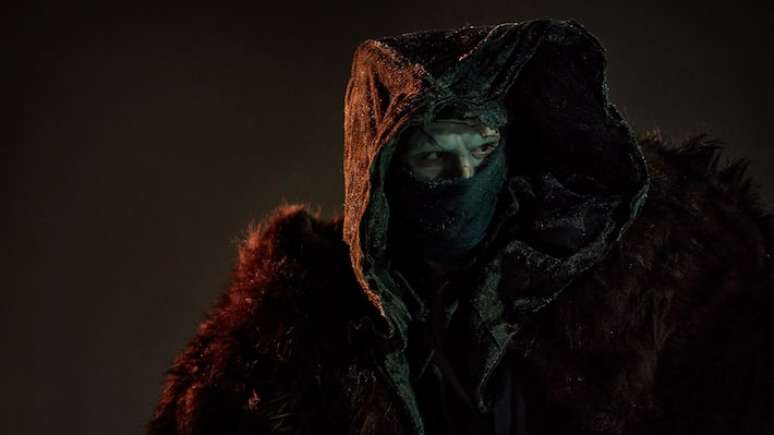
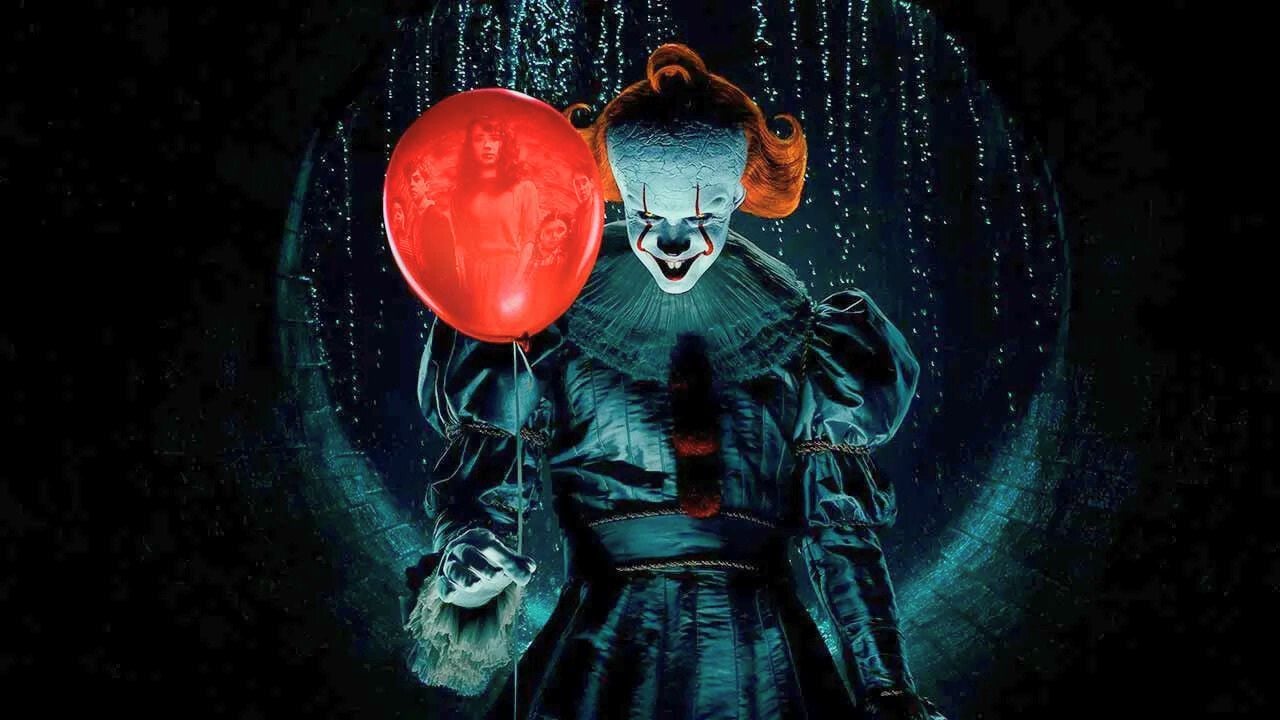
-1je9vy4473ho3.jpg)
